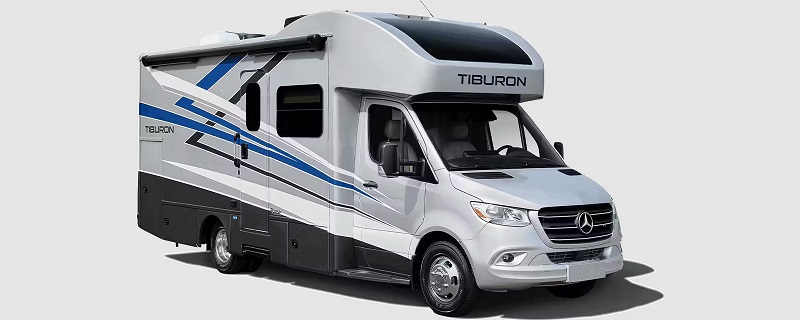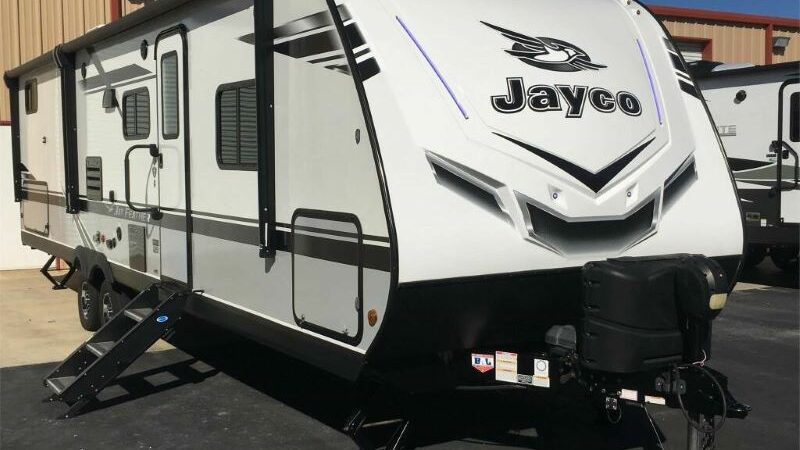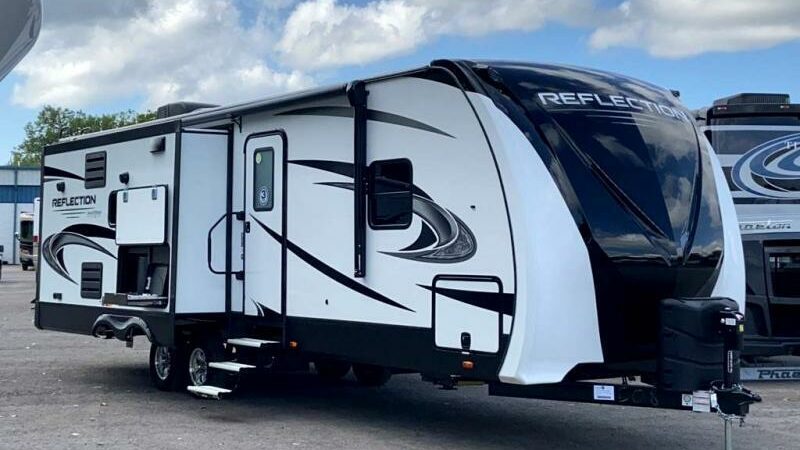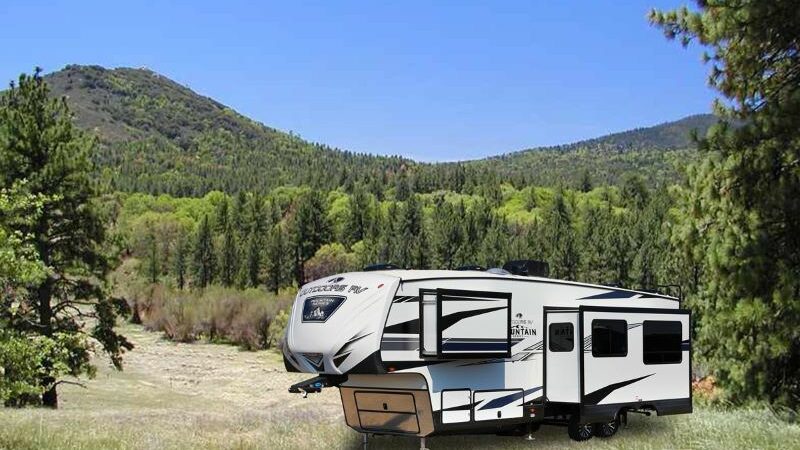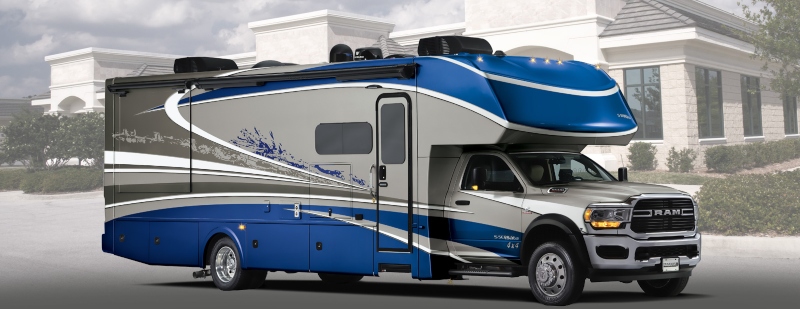RVing In the Winter: Are You Prepared?
Thanks for your support! If you make a purchase using our links in this article, we may make a commission. And, as an Amazon Associate, I earn from qualifying purchases. See the full disclosure here.
RVing in the winter can have a lot of potential for a positive experience. Particularly if you choose somewhere like Florida, South Texas, or Phoenix. All joking aside, if you want to RV in a cold and snowy climate, there are some things you need to know.
You certainly can enjoy many beautifully snow-covered places. Who doesn’t like to curl up with a cup of cocoa and watch the snow come down? However, there are also many challenges with RVing in a cold climate.
Let’s look at some facts you should consider before staying in a cold-weather area.
What Is Considered Cold Weather Camping?
Cold-weather camping is certainly subjective. What do you consider cold? My husband and I recently spent some time (in October) in our Class C at about 6,000 feet elevation.
Highs during the day were a pleasant 60 degrees but at night the lows dipped close to freezing and we don’t have a four-season rig. I love these temperatures, but I certainly was glad to get back to the lower elevation and some Phoenix fall 70s and low 80s.
Technically, 32 degrees Fahrenheit is when water freezes, but you also have to consider how long the temperature will dip down. A few hours of freezing temperatures that go back up will probably not cause your rig too many problems.
If you plan to live with temperatures that are below freezing for days and weeks at a time, there is much more that you need to consider.
Can You Live in An RV in the Winter?
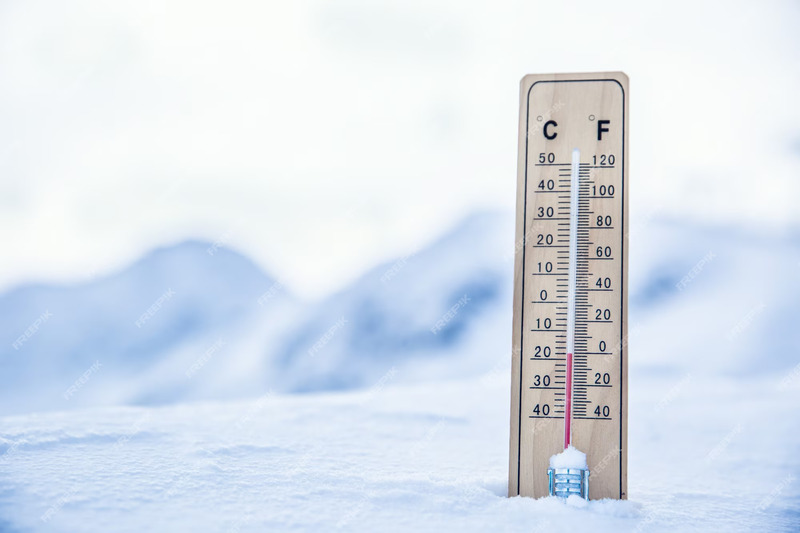
Yes, you can live in an RV in the winter and plenty of people do but living in a cold climate comes with many challenges. You must take time to prepare your rig for the cold weather.
We lived in Arkansas for a winter in an RV that was rated for four seasons. Although the climate wasn’t bad, we still had to prepare for some cold nights.
Taking a regular RV or even a four-season RV for that matter and braving the cold weather isn’t going to result in an enjoyable experience. You must take steps to prepare for and also be ready to deal with the issues cold weather will cause.
8 Considerations For RVing in the Winter
Full-time RVing in the winter requires some special considerations and a few pieces of necessary equipment to get you through those chilly days and nights.
Your length of stay and the temperatures you expect in your location will be big factors. The following are 8 things anyone planning to extend their RVing season through winter should consider.
1. RV Manufacturers Do Not Design Most RVs for Winter Living.
You first thing you must consider is that most RVs are not designed for winter living. Although many newer models and four-season models come with heated underbellies and upgraded windows and insulation, they have their limits.
Every RV needs additional steps taken to enable comfortable living in really cold weather. That being said, if you do plan on RVing in the winter the four-season campers are a much better base to start with
2. RV Skirting Will Be Required
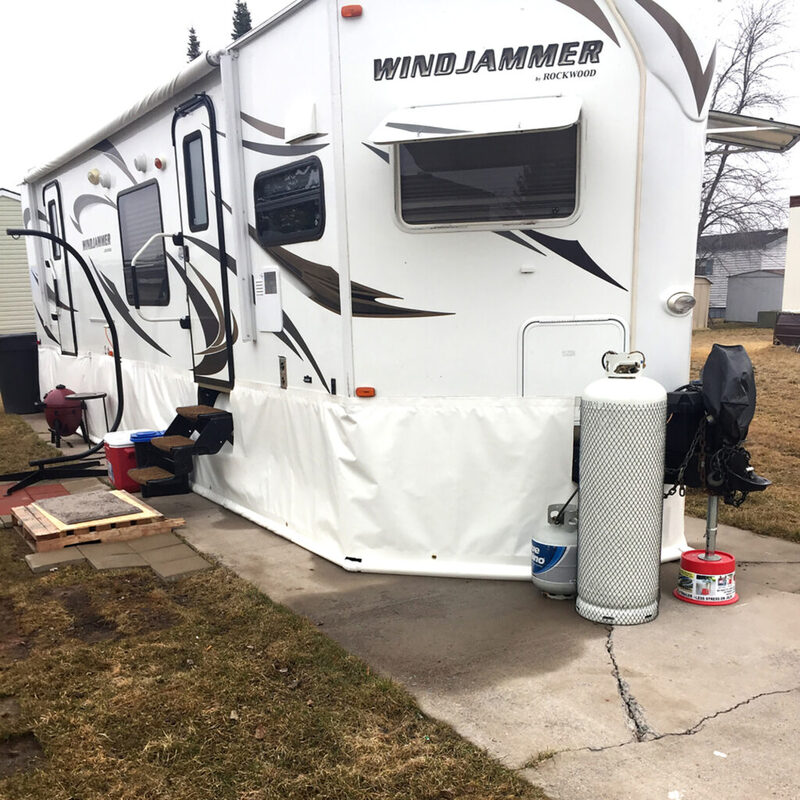
One way to manage freezing temperatures in your RV is to install skirting around your RV. Skirting attaches to the bottom of your RV and encloses the underside of the rig so it’s protected from wind, snow, and ice.
You can purchase skirting materials and make it yourself or you can purchase skirting, ready to install. Skirting materials can be foam insulation or heavy plastic, attached with adhesive or zip ties. Airskirts is an innovative skirting solution that provides insulation in a quick easy setup.
Quality skirting can be pricey. However, it can save you lots in heating costs and the repair of frozen plumbing.
3. Propane Usage Can Be Expensive
When deciding if you want to full-time RV in the winter, you also must consider your propane usage. While there are alternative heat sources such as an electric fireplace or space heaters, these won’t help keep your pipes from freezing.
Knowing how long your propane will last in the winter will depend on a few factors such as the size of your propane tank, how many and how often you use appliances that run on propane, and how much propane those appliances consume.
Propane will cost around $2-$4 per gallon. It’s important to note that it is priced according to seasonal demand so you will pay more during the winter months.
4. Keeping The Inside Warm is Just the Beginning
Keeping yourself warm in your RV is just the beginning of your winter RVing journey. You need to make sure you have a way to insulate and keep the vulnerable parts of your RV from freezing up.
You must have a heated hose if you hook up to a water spigot. At one point during our RV journeys, we also had a barrel that went on top of the spigot. We installed a light that gave off enough warmth to keep the spigot end from freezing.
Temperature sensors were also installed in strategic places such as the underside of the rig. Each of these sensors could be read on a monitor and we would know exactly what temperature it was in that area.
We could always bump up the furnace if we needed some extra heat flowing into the tank areas. So, while keeping yourself warm is important, keeping your RV plumbing system warm is also critical.
5. Additional Heat Sources May Be Required
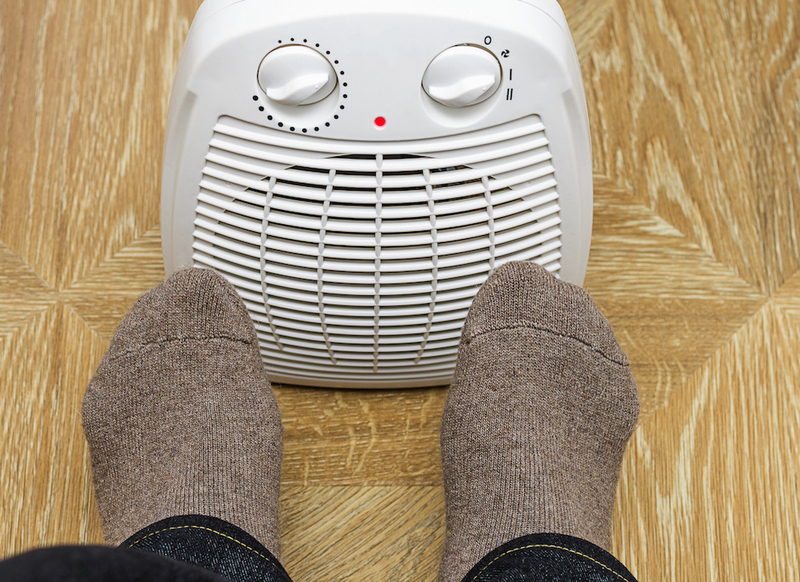
Additional heat sources such as space heaters can also be used to keep your living quarters warmer.
Electric heaters are great if you are connected to shore power. They will also reduce your dependence on your propane furnace, but remember that the propane furnace is what helps to keep your tanks from freezing in RVs with insulated and heated underbellies.
An electric heater can also be used to keep water pipes in your RV warm. Just open the kitchen and bathroom cabinets and place the heater nearby. This will help keep you and the pipes warm.
For safety reasons, never leave a space heater unattended, make sure the area around the heater is clear of any flammable objects, and keep a fire extinguisher close by in case of an emergency.
As I mentioned earlier, we used temperature sensors to keep an eye on the underbelly and utilized our furnace when needed. In general, electric space heaters kept us warm.
Propane heaters are also an option, but they must only be used in well-ventilated areas. Some people will use a small heater under their RV to keep the area within the skirting warm.
6. Finding A Winter Campground Might Not Be Easy
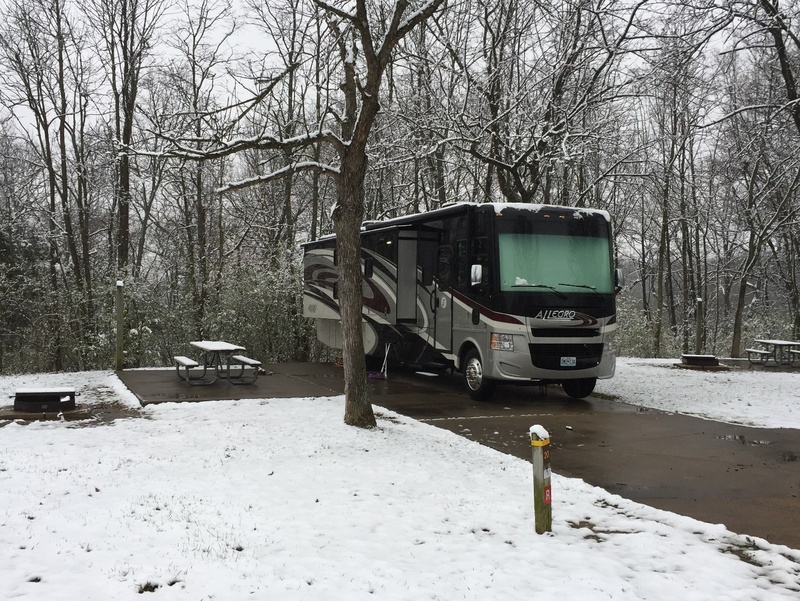
Campgrounds often shut down in the winter, so finding your snowy mecca might not be as easy as you think. Make sure you do your research well ahead of the season so you can be sure of having a place to park your camper.
You will want to consider the elevation of the campground you are looking into. Maybe staying at a warmer, lower elevation might be an alternative. You can always make forays into the snowy upper regions for day trips.
7. Blankets And Wool Socks
Lots of warm blankets are an essential tool for RVing full-time in the winter. RV floors can be cold so warm socks, thick mats and a blanket for the couch is key.
If you’re connected to shore power with no concerns about power use, electric blankets are a nice comfort as well.
Don’t forget your flannel jammies and wool socks as well. Our dogs love to cuddle up when it’s cold so a warm puppy or two might take the cold edge off.
8. It’s Not for Everyone
RVing in the winter is not for everyone and there is no shame in finding a warm and sunny place to park for the cold season. Bragging to relatives stuck in feet of snow is kind of fun too.
If having an RV that may not be 72 degrees inside all the time and going out in the cold to fix stuff doesn’t sound like you, RVing in the winter might not be a good fit.
How Do You Keep RV Pipes from Freezing?
Keeping your RV pipes from freezing is not impossible, but it takes a lot of diligence to make sure you don’t have issues. Checking these things off your equipment lists will make camping in the winter a bit easier.
- Skirting
- Insulated underbellies
- Under RV heaters
- Space heaters
- Temperature sensors
- Heated hoses
Keeping the underneath of your RV is key. Skirting combined with under-trailer heaters in really cold locations will keep tanks and internal water lines from freezing.
The water supply coming into your RV is best protected by using a heated RV water hose and insulation on pipes and spigots.
How Much Propane Will an RV Use In The Winter?
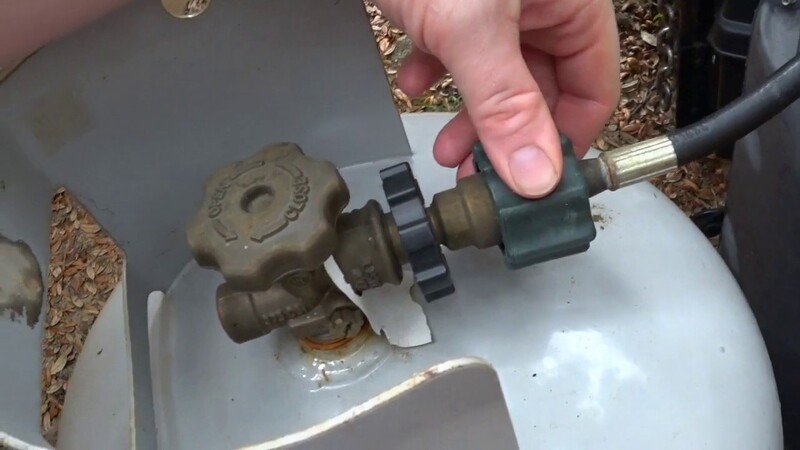
Propane usage in cold weather can be very high. The average temperature in your RV as well as how well you insulate, will be a big factor in your propane usage.
The average propane usage for an RV furnace is one gallon every three hours. A 30-pound tank has 7 gallons so the math isn’t difficult. A 30-pound tank may only last for two days just running the furnace in cold temperatures.
Some campgrounds or propane companies can provide a large external propane tank to use during the winter. These are refilled by the propane company and will keep you warm for a longer period.
Final Thoughts About Full-Time RVing in the Winter
RVing in the winter is certainly doable and can be a great option. If you like cold-weather sports such as skiing or snowmobiling, you will love RVing in the winter.
Make sure you are prepared for the cold weather. Purchase a few items of equipment that will make all the difference when you are trying to avoid frozen pipes and a broken RV.
A heated hose, as well as a heated underbelly or a tank heater, are so important. Securing a large propane tank so you don’t have to venture out every other day is also vital. And of course, RV skirting is a must for RVing in the winter.
All these things will not only keep you comfortable in cold temperatures but will give you peace of mind so you can enjoy the season.
Related Reading:
Terri Nighswonger – Author and Full Time RVer
Terri Nighswonger and her husband Todd have been RVing and work camping for six years with their Cavalier King Charles Spaniel, Newton, and their Minnie Australian Shepherd, Remi.
They originate from the Midwest but plan to enjoy the West for a few years, wintering in Arizona and summering wherever the road may lead. Writing is Terri’s passion, but she also loves hiking, kayaking, walking her dogs, and anything she can do outdoors.
Terri has written for RV Life and RV Camping Magazine.



